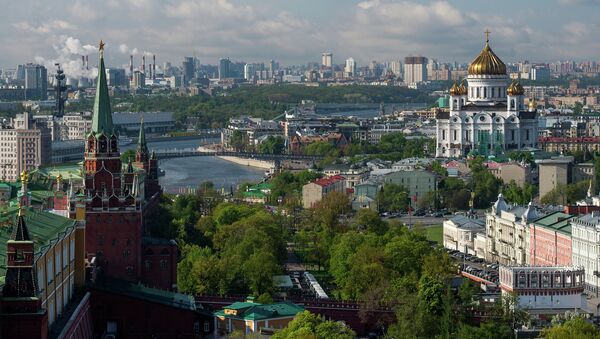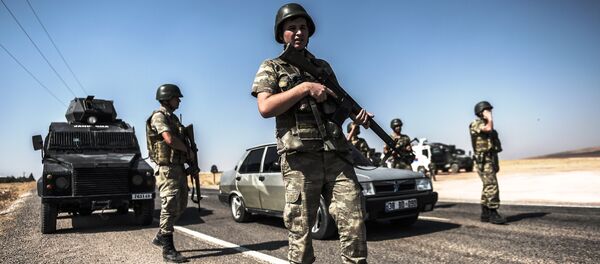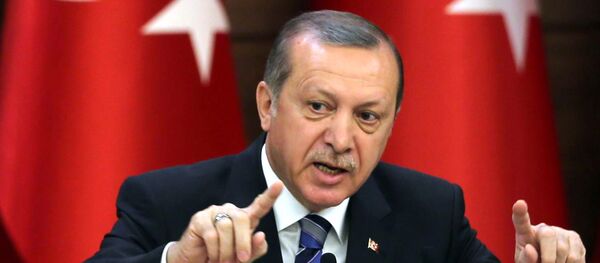"Technically, we should clearly expect that the executive order on special economic measures against Turkey signed by the Russian president on November 28 will be repealed or amended," the Kommersant newspaper explained. "But heads of ministries and departments have already said that they are preparing their proposals aimed at boosting relations."
The same goes for the food embargo and the ban on charter flights to Turkey. Deputy Prime Minister Arkady Dvorkovich confirmed that a decision to lift these restrictions will be made "in the coming days."
Additional restrictive measures that Moscow introduced after Ankara downed a Russian bomber that was on an anti-Daesh mission in northern Syria include extra screenings in port cities of Crimea, and more broadly in the Sea of Azov and the Black Sea.
Moscow also "limited the number of licenses for Turkish trucking companies in Russia. On January 1, 2016, Russian authorities introduced restrictions on hiring Turkish nationals … and partially suspended visa-free travel with Turkey," Kommersant detailed.
These restrictive measures will most likely be lifted in the next two months, the daily added.

Yet the fate of the two key bilateral projects, the Akkuyu Nuclear Power Plant and the Turkish Stream, is in Turkey's hands, not Russia's. Both initiatives were frozen, but not canceled following the November 24 incident. Yet even before a Turkish F-16 fighter jet fired a missile at the Russian Su-24 aircraft those projects were proceeding at a very slow pace because of Turkey.
In his opinion, the lack of strategy could explain why so many Turkish leaders made "contradictory" statements in the wake of the Su-24 downing. It is also behind "tough" rhetoric towards Russia.
"If Turkey had a cohesive and balanced strategy on Russia, the state or those who represent it at the highest level would abide by it," he noted, adding that relations with Moscow should not be based on "the momentary balance of power."
Russia "is the most powerful country in the region. It is a serious player. At the same time, some in Turkey often view Moscow as a means used to manipulate relations with other countries," the journalist lamented. "This is how it works: [Turkey says], 'Hey, don't annoy me or I will go to Russia.'"
Recent developments indicate that this is about to change.
After all, Erdogan referred to Russia as "a strategic partner" in the letter addressed to Putin. "Correct me if I'm wrong, but it is the first time that Erdogan used this description in relations with Russia," the expert said. "This is an important moment."



